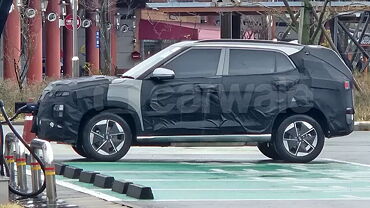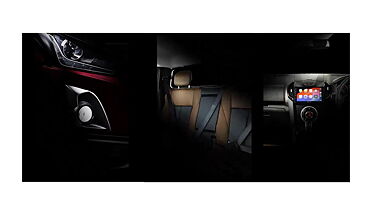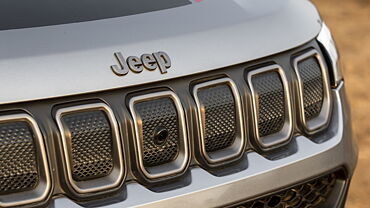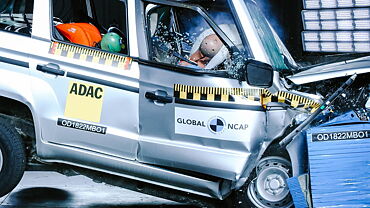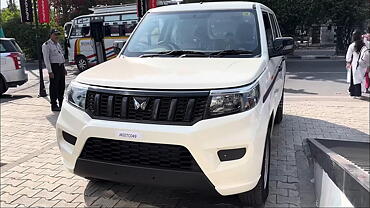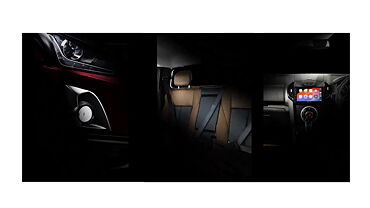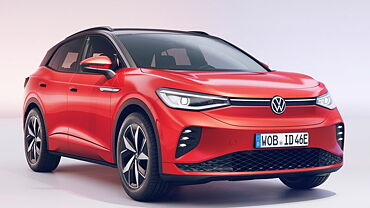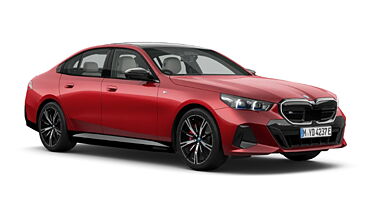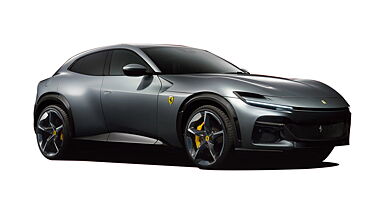One government, many voices; this is the scenario that is being witnessed within the government over current fuel prices in India. It is quite comprehensive that differences are cropping within the government over the issue of the wide gap between petrol and diesel prices in the country.
The two most underlined names that have been making news by having completely opposite viewpoints over the fuel price issue are Praful Patel and Montek Singh Ahluwalia. While the Planning Commission Deputy Chairman Montek Singh Ahluwalia recently said that the country has to chalk out effective plans to bridge the continuously widening gap between diesel and petrol prices, Heavy Industries minister Praful Patel had something different in mind. He was in complete favour of lower diesel prices which according to him is a part of the government's “social obligation.”
“India needs to adjust its policy to the energy reality as the world is entering an era of high energy costs.” Ahluwalia said at the annual convention of the Society of Indian Automobile Manufacturers (SIAM).
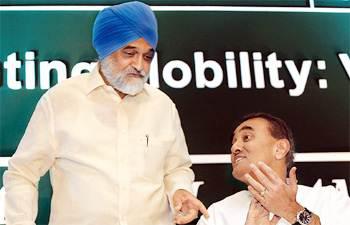
An important point to note is that the government dropped its responsibility of controlling and keeping a check on the petrol prices in June last year. At present petrol prices have risen by 21 percent to reach to Rs. 63.70 per litre from Rs. 51.43 a litre. However diesel continues to be sold at a subsidised price as it is argued to be used in the farm sector that is a sensitive issue in the government and also for running public transport.
In the wake of the argument that supported subsidising of diesel prices, Ahluwalia said that “Subsidised fuel is not sustainable in the long-term given the need to ensure energy security.”
Praful Patel in his response said that, “Diesel and petrol price disparity will stay. It will not go away as we have a social obligation. There has been question over the environmental sustainability of diesel technology. But if we look in Europe or other developed countries, the technology has developed so much and proved to be even better than the petrol technology,” Patel also shot in the arm of diesel-run cars and SUVs. The minister confronted the policy makers by asking then to review their remarks on diesel, being title as a 'dirty fuel'.
The issue could be heard in Parliament as well with Finance Minister Pranab Mukherjee stating that the government had no problem at all in putting light on the issue. This recent statement coming out from the government camp has caused a lot of uncertainty in the auto market as car makers especially, SUV manufacturers, have put in heavy investments to meet the rising demand for diesel vehicles.
On the other hand, auto makers such as Toyota Kirloskar Motor (TKM), Mahindra and Mahindra (M&M), General Motors (GM) India et al are considering another price hike and having justified it by blaming high input cost and inflationary pressures. This year, the price rise has occurred for the third time in the auto sector.
“We will raise the prices most probably from October 1 by 1.5 to two per cent. It is mainly due to rising component costs and appreciation in the yen”, Sandeep Singh, Deputy Managing Director, TKM (marketing) said recently, on the occasion of Society of Indian Automobile Manufacturers (SIAM) summit.
Thus, there is an urgency of seeking an effective solution within the government, in order to defuse the ambiguity that surrounds the issue of fuel prices currently.




